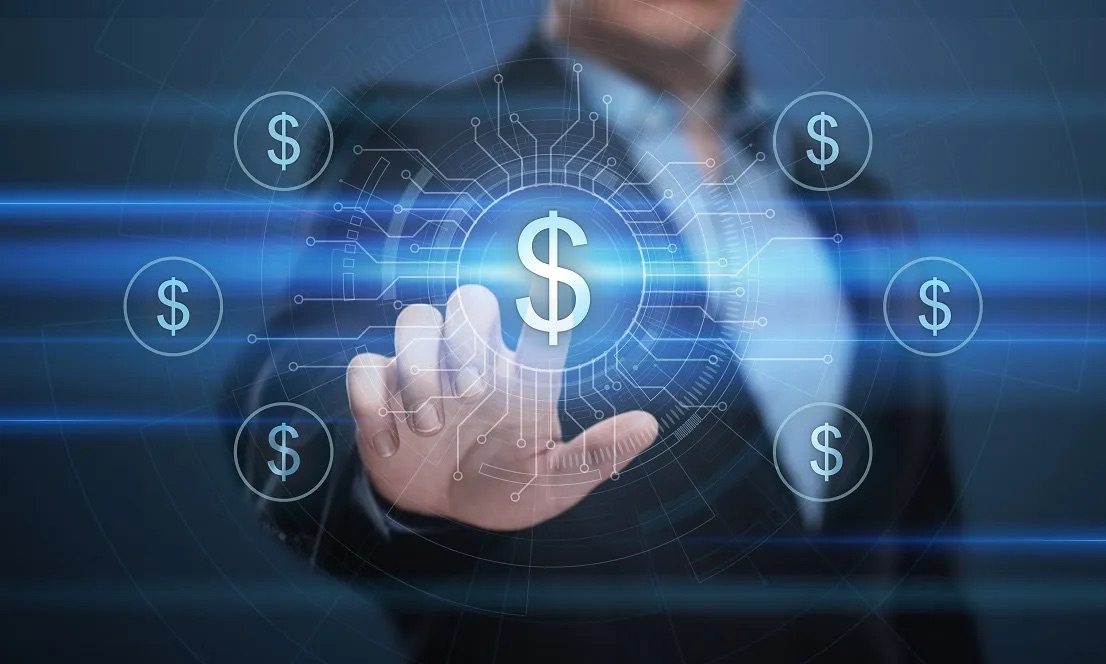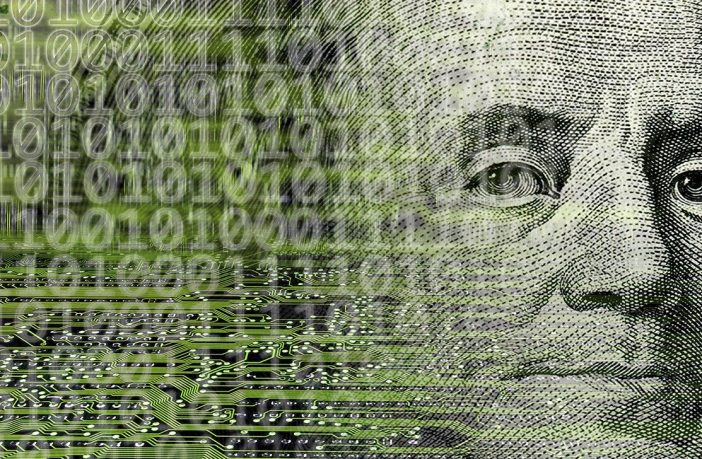Digital dollar: benefits and risks for the banking system
Joe Biden has asked the government to explore the possibility of developing electronic money. He is confident that the digital dollar has the necessary characteristics to revolutionize the global financial market and fundamentally change the movement of currency. However, a number of experts do not yet share Biden’s optimism. They believe that there are still many limitations and risks to the use of digital money, which need to be carefully studied.
The digital dollar will be issued by the Fed, and it will be available to all institutions, regardless of whether they have a physical presence or not. At the same time, such money would be fixed in Reserve System accounts. In turn, traditional currency, which is deposited into a bank account or involved in the payment of goods and services through the Google app or Apple Pay, will be registered in the state and commercial banks.
The value of the digital dollar will be similar to its paper counterpart. This is quite a significant difference from cryptocurrency, the price of which is extremely high and regularly growing.

Despite all the advantages of introducing digital money, there are many issues that need to be resolved in the near future. One of them is the technology to develop the dollar. The most likely option is the use of blockchain technology, but tying the money to some payment system is also possible. The Ministry of Finance is studying this issue. If the government decides to start developing a digital dollar, the process itself will take several years. In addition, it will have to study the technology carefully and decide on the choice of technology.
The creation of e-currency will minimize or completely eliminate transaction fees. This is possible because the exchange will not be done through banks, their cards, or their applications, which imply additional fees for each transaction. In addition, the digital dollar will be an important tool for U.S. households that do not have bank accounts. About 5% of all consumers in the country do not have a bank account. In this case, the government will be able to improve the benefit payment system.
However, the risks that are inherent to the digital dollar should be taken into account. The main one is a system failure or the threat of a cyberattack. In addition, there are doubts about the possibility of maintaining confidentiality, since the government will have access to transactions and the movement of funds. It must also be understood that the operation of the banking system could be threatened by less deposit money. At the same time, international transfers, which are now extremely slow and with high fees, will be simplified. For example, now it takes several days to verify a payment, but with digital money, the time will be reduced to one hour.




